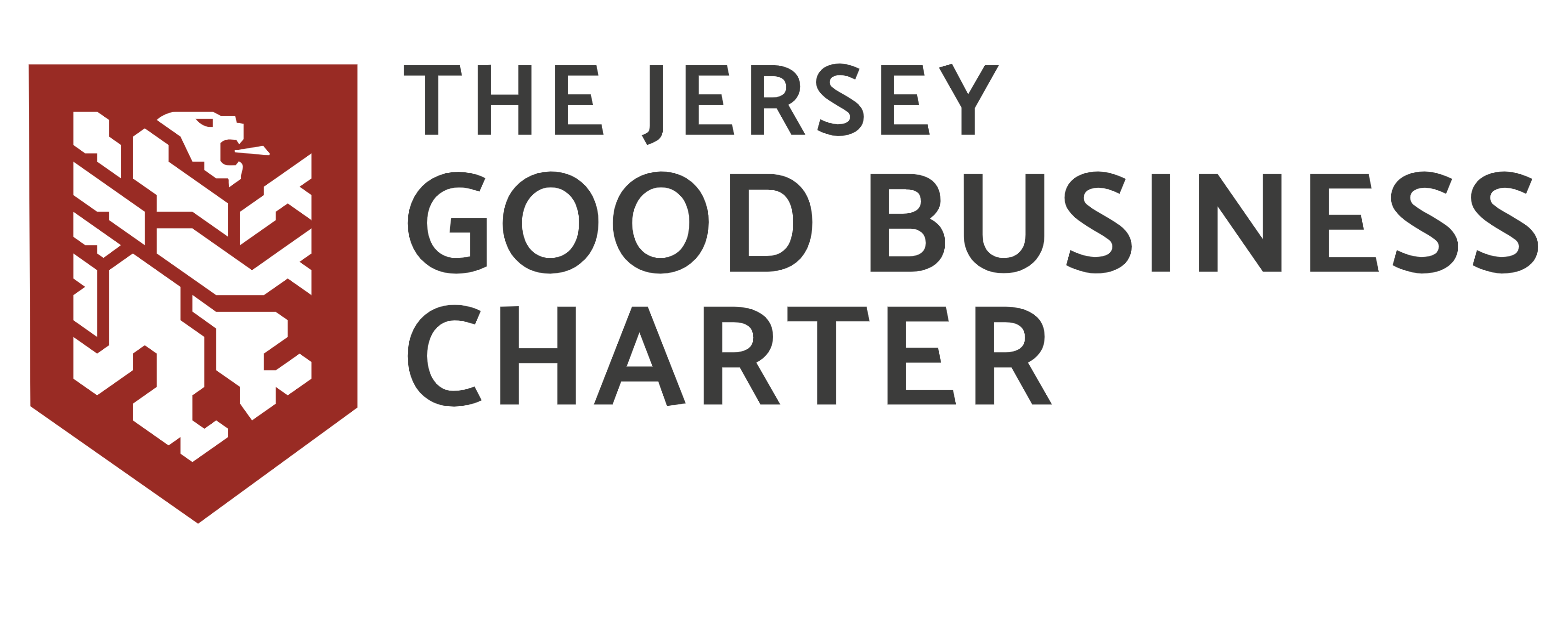Transparent Communications: The Key to Building Employee Trust
Honest communication is more than just a best practice—it’s a strategy for enhancing employee engagement and productivity.
In the modern workplace, transparent communication is vital for fostering trust between employees and leadership. When leaders communicate openly, they create an environment where employees feel valued, heard, and aligned with the company’s mission. This trust leads to higher engagement, better decision-making, and improved performance. In smaller communities like Jersey, where businesses often depend on tight-knit teams, open communication takes on even greater importance.
The Good Business Charter and Transparent Communication
The Good Business Charter (GBC) emphasizes transparency as a core principle of ethical business practices. This includes not only communicating clearly with customers and stakeholders but also with employees. Businesses that follow the GBC commit to maintaining open lines of communication, providing employees with the information they need to understand their roles, contribute to company success, and feel secure in their workplace. In small jurisdictions like Jersey, this is essential for maintaining employee satisfaction and retention.
Why Transparent Communication Matters
Research from *Gallup* shows that businesses with transparent communication practices experience 23% higher employee engagement and significantly lower turnover rates. Transparency creates a culture of openness and trust where employees feel empowered to voice their ideas and concerns, leading to innovation and improved morale.
In Jersey, where organizations may rely on smaller teams, transparent communication is even more crucial. When businesses operate with transparency, employees are more likely to stay committed to the company’s goals, collaborate more effectively, and align with the larger community. Open communication builds the trust needed to handle challenges and seize new opportunities.
Key Practices for Transparent Communication
1. Regular Updates: Keep employees informed about company performance, changes, and decisions to avoid uncertainty and ensure everyone is aligned.
2. Two-Way Dialogue: Create opportunities for employees to share feedback and voice their concerns, whether through regular check-ins or anonymous surveys.
3. Clarity in Decision-Making: When changes are made, explain the rationale behind them, helping employees understand the bigger picture.
4. Consistent Messaging: Ensure that communication is clear, timely, and delivered consistently to avoid confusion or mixed messages.
The Role of Transparency in Jersey’s Business Community
In a close-knit business environment like Jersey’s, the importance of transparent communication cannot be overstated. The Jersey Chamber of Commerce and Jersey Institute of Directors have both underscored the value of ethical leadership and clear communication in driving business success. Transparent communication helps businesses in Jersey foster strong internal cultures while building trust externally with clients, partners, and the local community.
Conclusion
Transparent communication is not just a practice—it’s a competitive advantage. For businesses in Jersey and other small jurisdictions, open and honest communication builds the trust that keeps employees engaged, productive, and aligned with the company’s mission. By adhering to the principles of the Good Business Charter, businesses can foster transparency and trust, driving long-term success.
#TransparentLeadership #EmployeeEngagement #GoodBusinessCharter #JerseyBusiness #WorkplaceCulture
